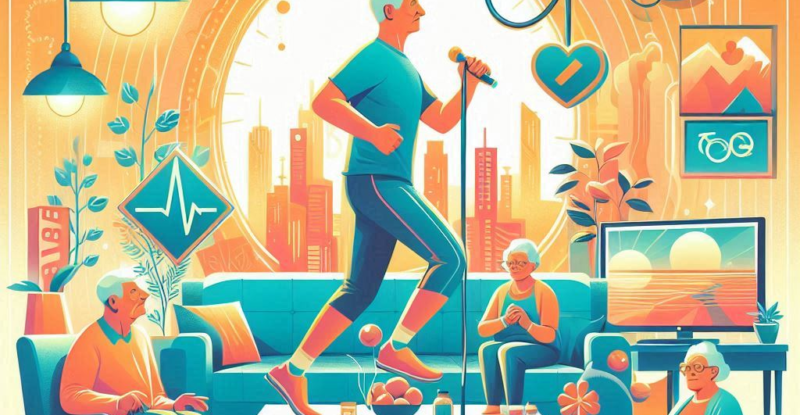Aging is inevitable, but a decline in health and vitality is not. In fact, staying active as you age is crucial for maintaining independence, improving mood, and enhancing overall quality of life. Let’s explore how to keep your body and mind sharp as the years go by.
Understanding the Benefits of Exercise
Regular physical activity offers numerous advantages for older adults:
- Improved physical health: Strengthens muscles, bones, and heart health.
- Enhanced mental clarity: Boosts cognitive function and reduces the risk of dementia.
- Better mood: Releases endorphins, leading to improved mood and reduced stress.
- Increased energy levels: Combats fatigue and improves overall vitality.
- Social connection: Opportunities to meet new people and engage in group activities.
Choosing the Right Exercises
It’s essential to select exercises that suit your fitness level, interests, and any physical limitations. Here are some options:
- Strength training: Building muscle mass helps maintain independence and prevent falls. Consider using resistance bands, free weights, or bodyweight exercises.
- Cardiovascular exercise: Activities like walking, swimming, dancing, or cycling improve heart health and endurance.
- Balance exercises: Incorporating balance training reduces the risk of falls. Tai chi and yoga are excellent choices.
- Flexibility exercises: Stretching helps maintain range of motion and prevent injuries. Consider activities like yoga, Pilates, or stretching routines.
Creating a Workout Routine
- Start slowly: Begin with gentle exercises and gradually increase intensity and duration.
- Listen to your body: Pay attention to any pain or discomfort and adjust your routine accordingly.
- Find a workout buddy: Exercising with a friend can make it more enjoyable and motivating.
- Vary your activities: Avoid plateaus by incorporating different exercises into your routine.
- Make it fun: Choose activities you enjoy to increase your motivation.
Nutrition for an Active Lifestyle
A balanced diet provides the energy and nutrients needed to support an active lifestyle. Focus on:
Lean protein:
Builds and repairs muscles.
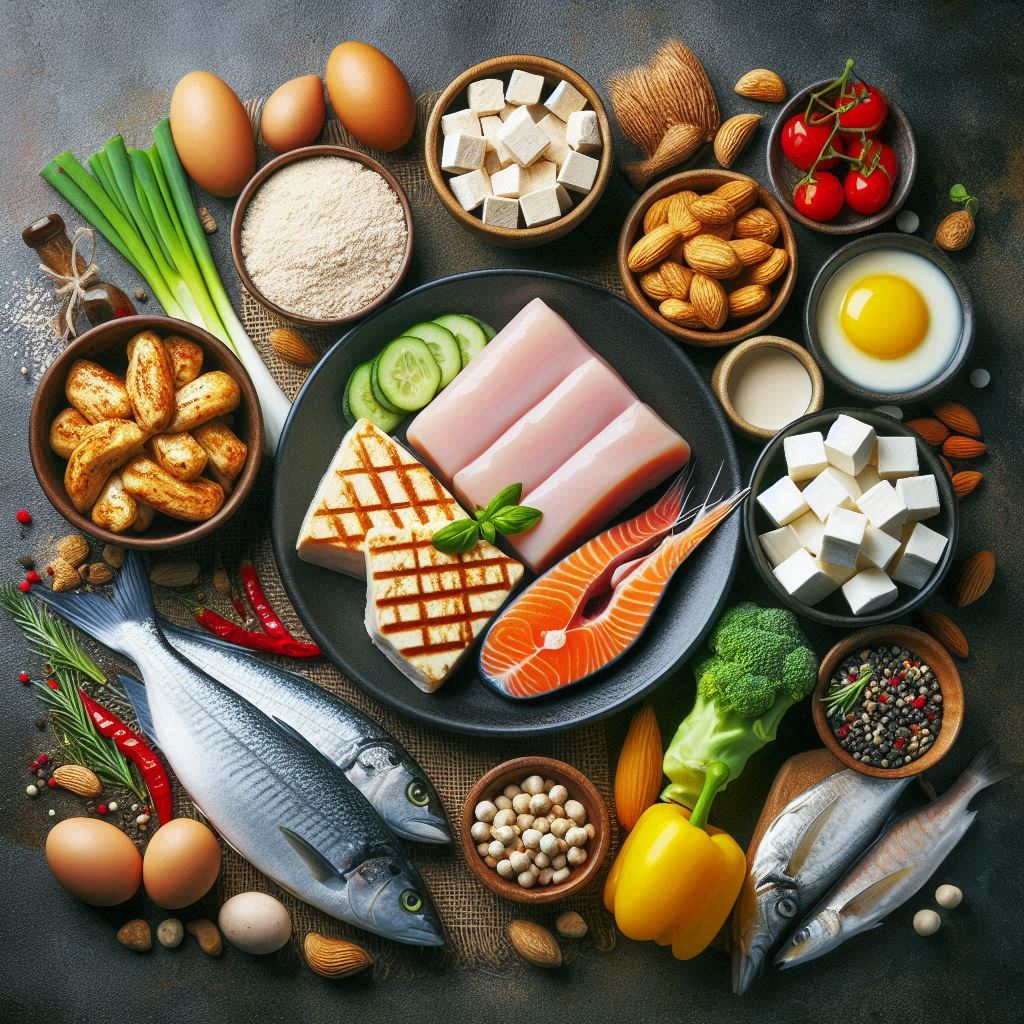
Whole grains:
Provide sustained energy.
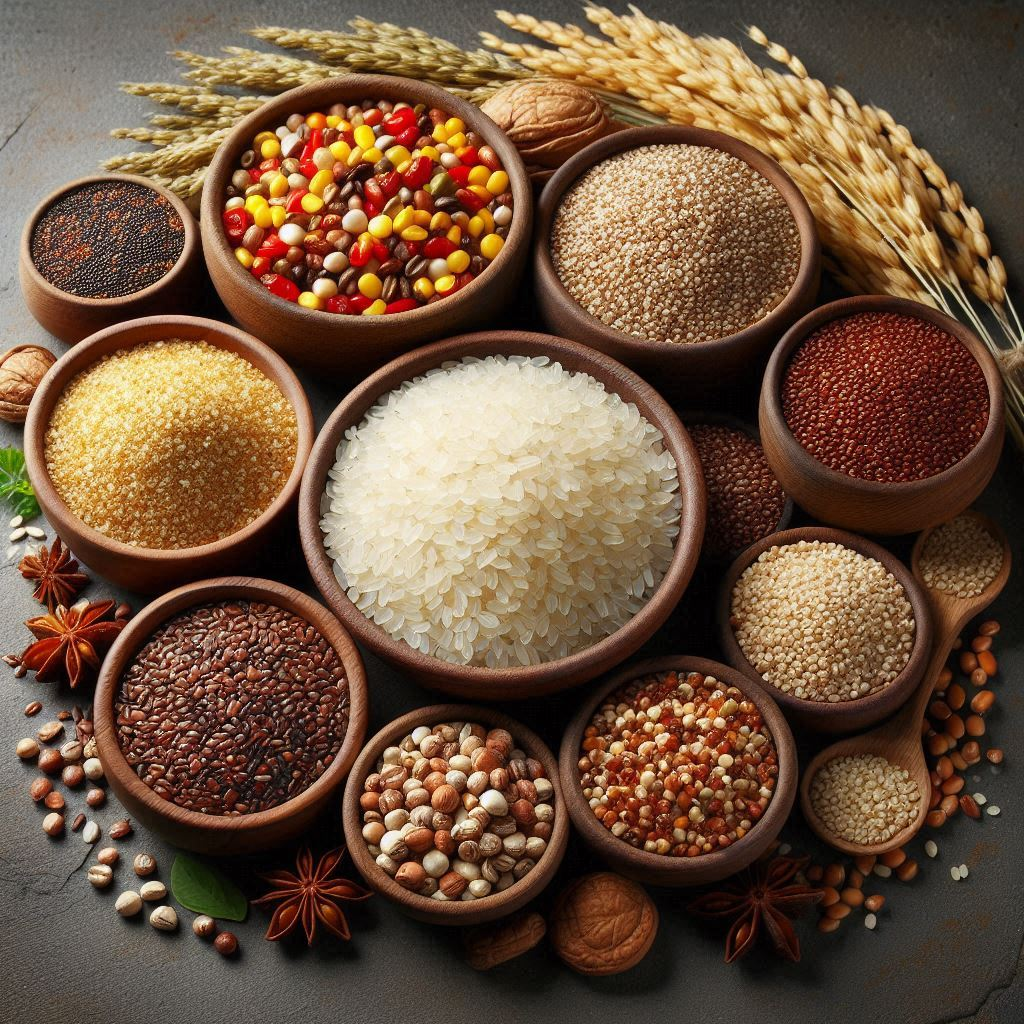
Fruits and vegetables:
Offer essential vitamins, minerals, and antioxidants.

Healthy fats:
Support brain health and hormone production.
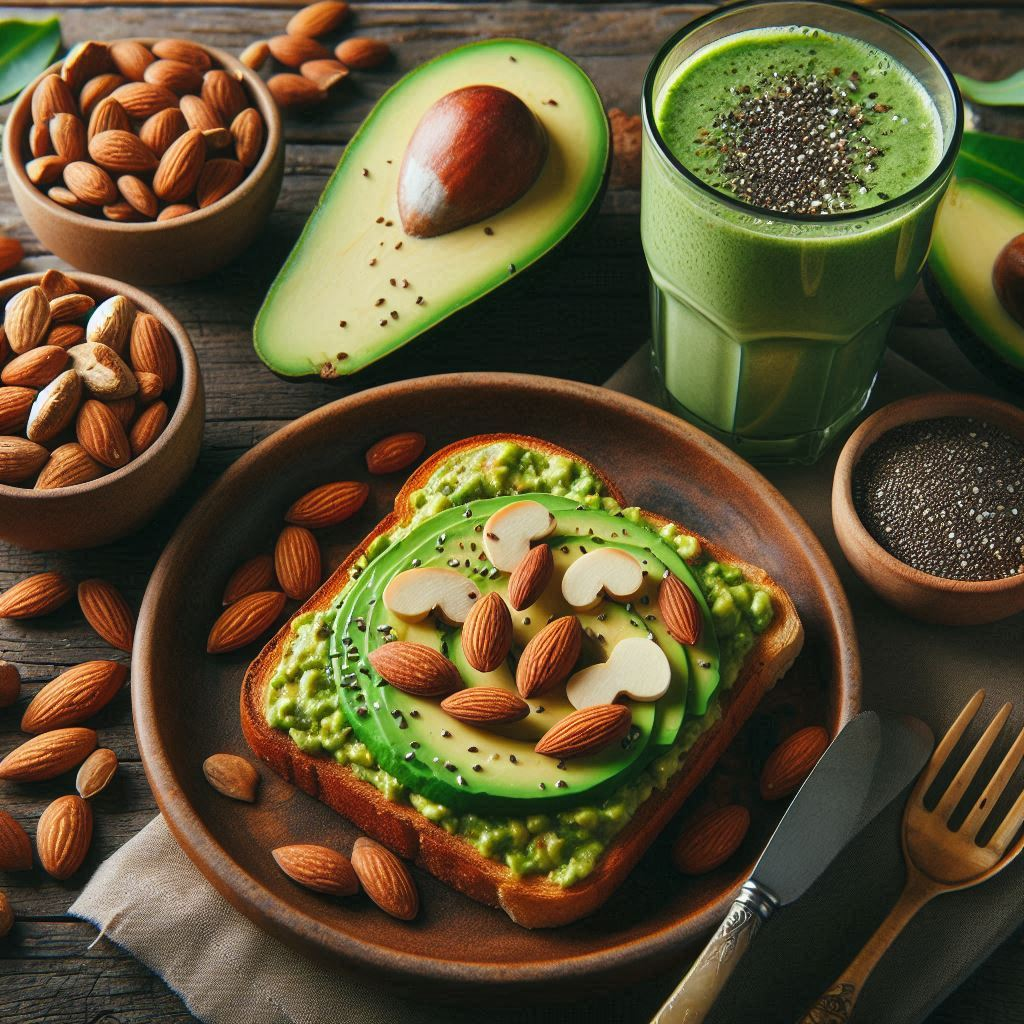
Hydration:
Drink plenty of water to stay hydrated.
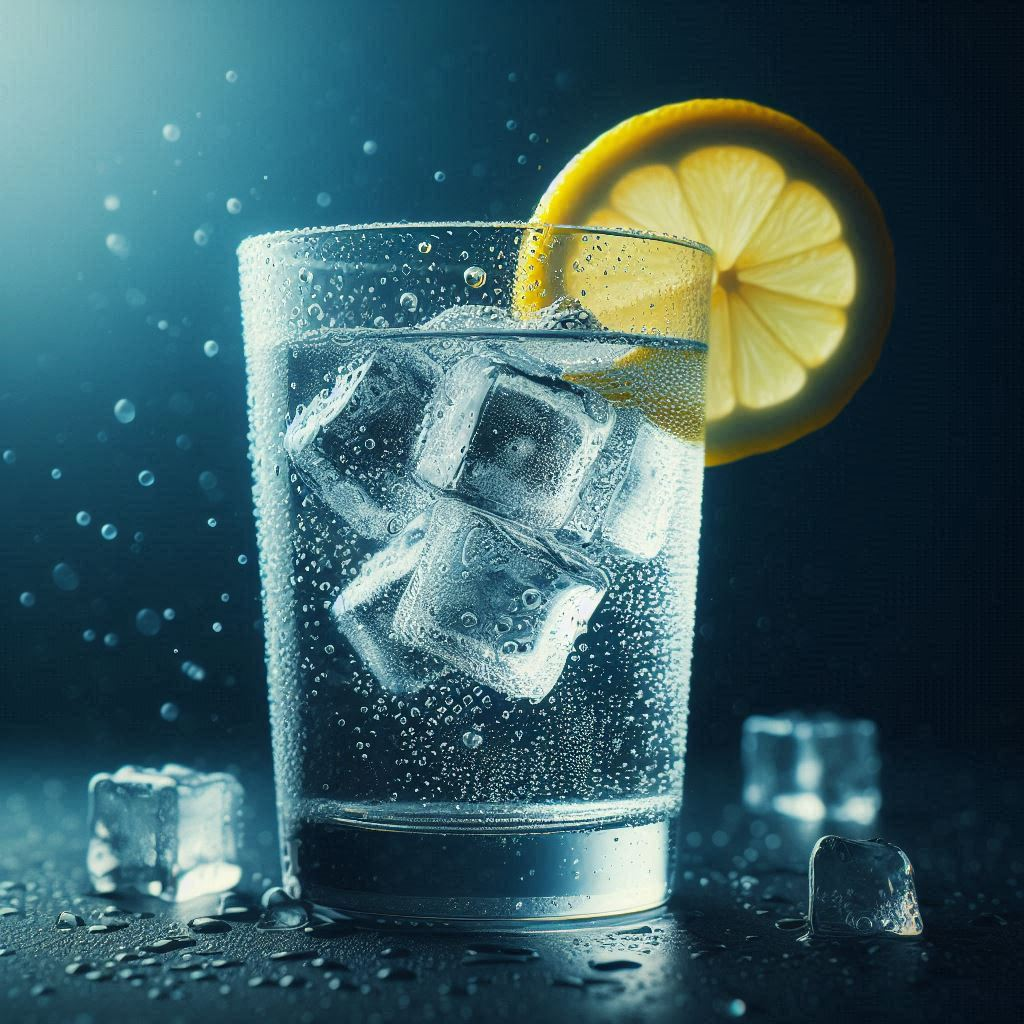
Overcoming Challenges
- Lack of motivation: Find a workout buddy, set realistic goals, and reward yourself for achievements.
- Physical limitations: Consult with a healthcare professional to develop a suitable exercise plan.
- Time constraints: Incorporate short bursts of activity throughout the day, such as taking breaks to stretch or walk.
The Importance of Mental and Social Well-being
Staying mentally and socially engaged is equally important as physical activity. Consider:
Learning new skills:
Try puzzles, games, or learning a new language.

Volunteering:
Give back to your community and meet new people.

Social activities:
Join clubs, groups, or classes to connect with others.

Mindfulness practices:
Incorporate meditation or deep breathing to reduce stress.

Conclusion
Aging gracefully involves taking care of both your physical and mental health. By incorporating regular exercise, a balanced diet, and mental stimulation into your routine, you can enjoy a vibrant and fulfilling life well into your golden years. Remember, it’s never too late to start!


